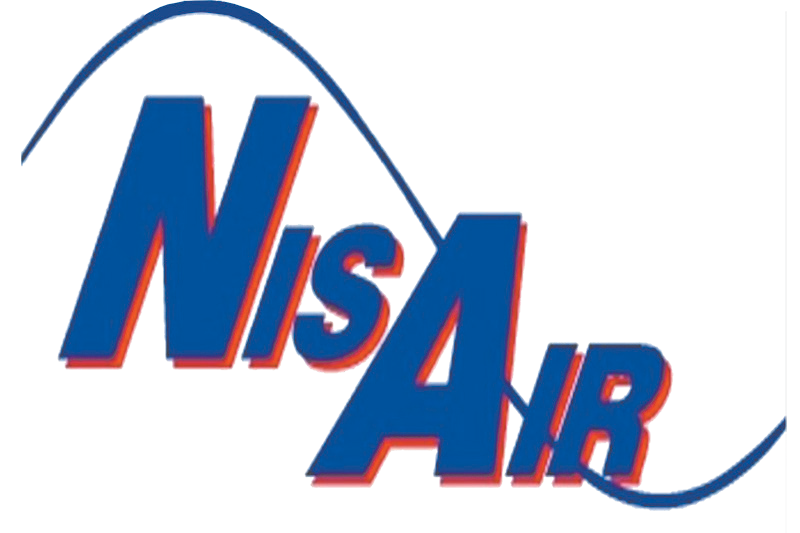Do You Know What Type of Insulation Your Home Needs?
Because heat energy is always in motion from a warm zone to a cooler zone, proper insulation helps hold heat indoors during winter yet keeps it out of your house in summer. Strategically placed in specific areas, insulation retards the movement of heat. That’s why the right type and proper amount of insulation is critical to home energy efficiency and optimum comfort.
How Does It Rate?
Insulation efficiency is expressed by its R-value per inch of installed thickness. The Department of Energy publishes recommended total R-value figures for common insulation types, keyed to specific climate zones. For our south Florida locale, the DOE recommends a range of R30 to R49 in the attic and R13 to R15 in exterior walls.
What Type And How Much?
- Fiberglass batts are pre-cut roll-out blankets of insulation that resemble pink cotton candy. The most common home insulation, it’s installed in the attic to prevent heat loss or gain through the ceiling, or nailed in the cavities of exterior walls during construction. In the attic, fiberglass depth should be 10 to 16 inches; in exterior walls, thickness should be 4 to 5 inches.
- Cellulose loose-fill is composed of pulverized fragments of paper, treated with fire retardant. Cellulose is blown into attic spaces and injected into wall voids under air pressure. The tiny loose particles effectively fill odd-shaped nooks and crannies for excellent coverage and efficiency. Recommended depth of cellulose attic insulation ranges from 8 inches to 13 inches. Inside walls, cellulose should fill the entire cavity.
- Spray polyurethane foam (SPF) can be applied wet to surfaces in the attic, basement, crawl space and elsewhere. It can also be injected into empty wall cavities. The most efficient closed-cell SPF provides superior insulating value of R6.5 per inch. SPF expands as it dries, providing consistent coverage as well as forming an effective air barrier. Spray foam is the most costly of common insulation types and requires skilled application technique and specialized equipment for optimum results.
For professional advice about home insulation options in Martin, Palm Beach and Indian River counties, contact NisAir Air Conditioning and Heating.

